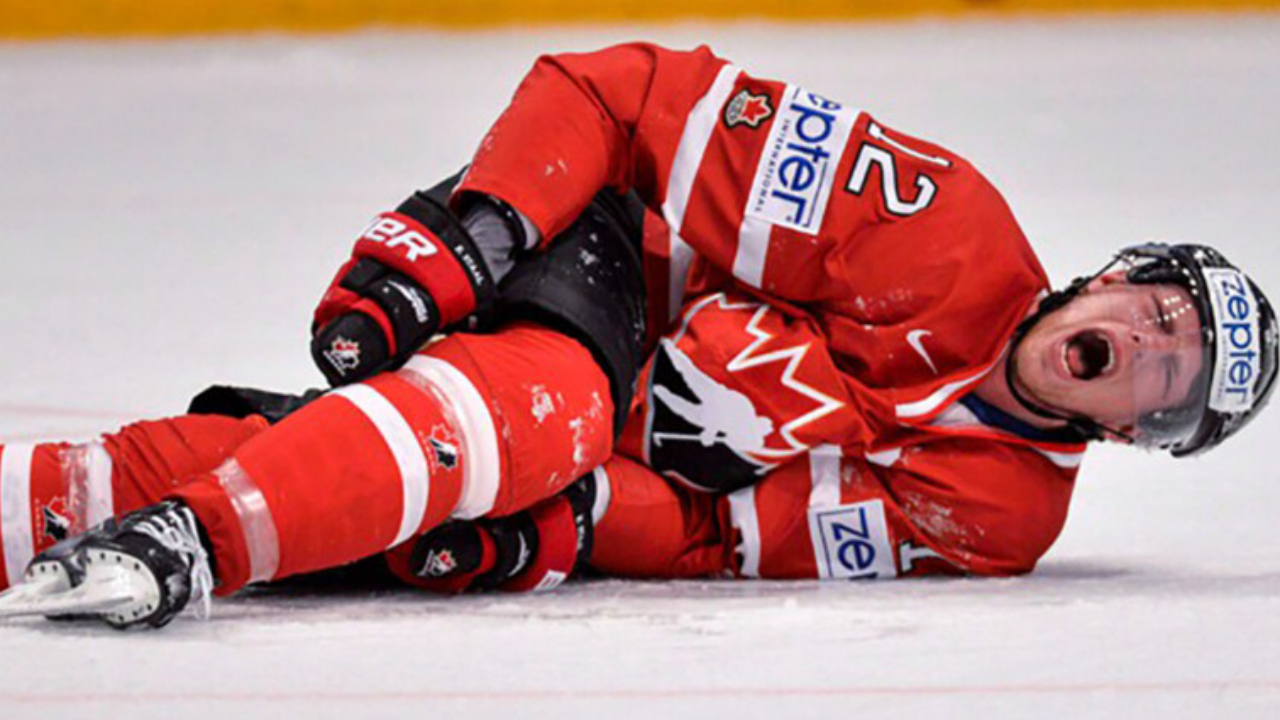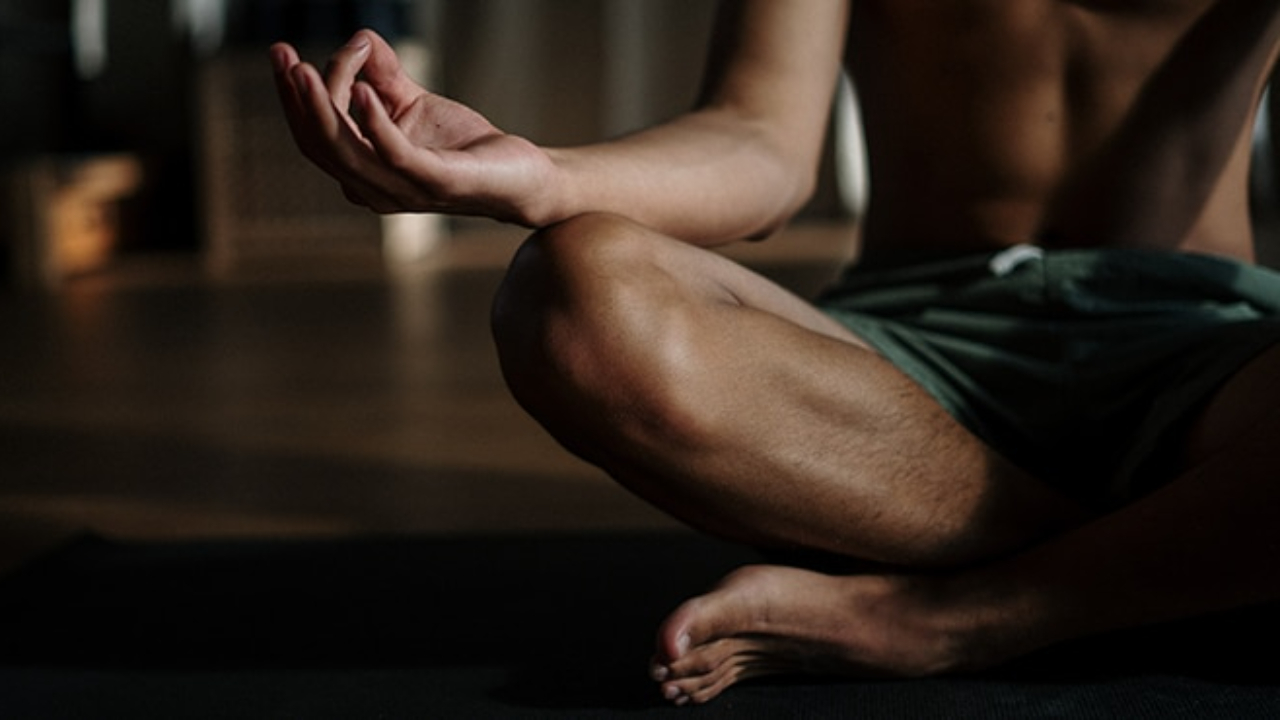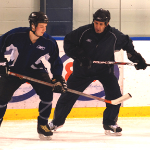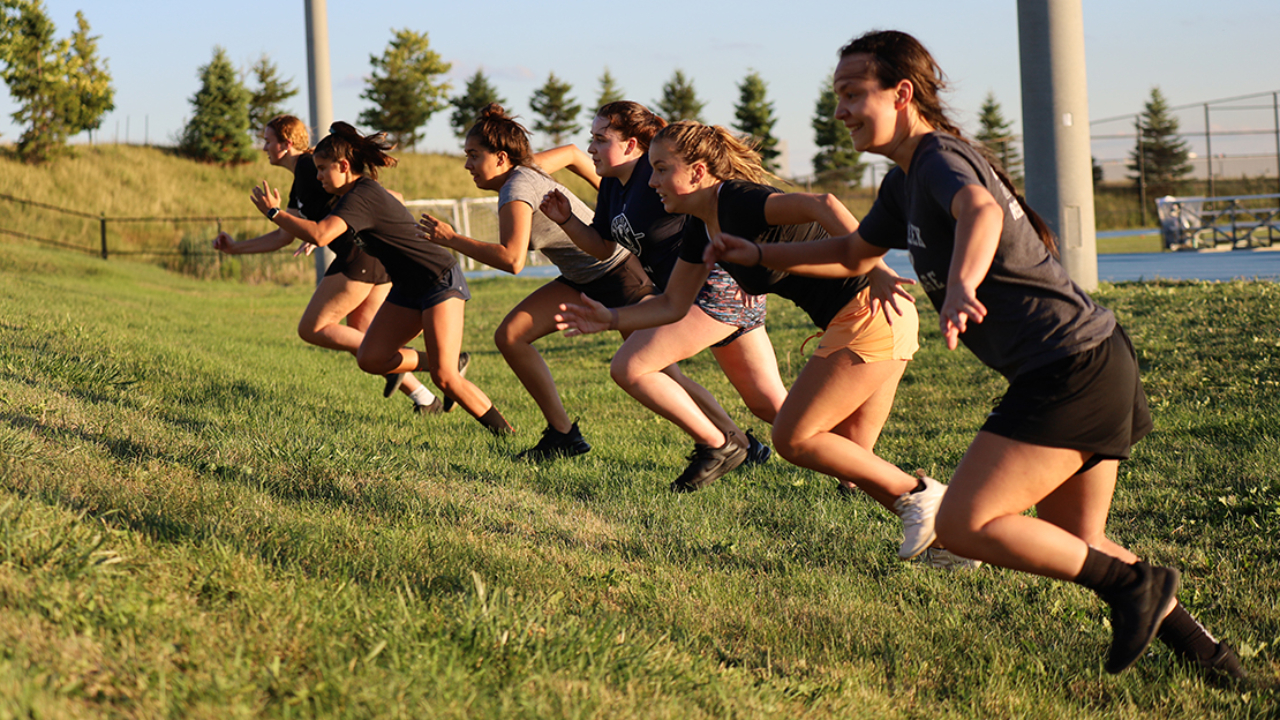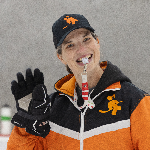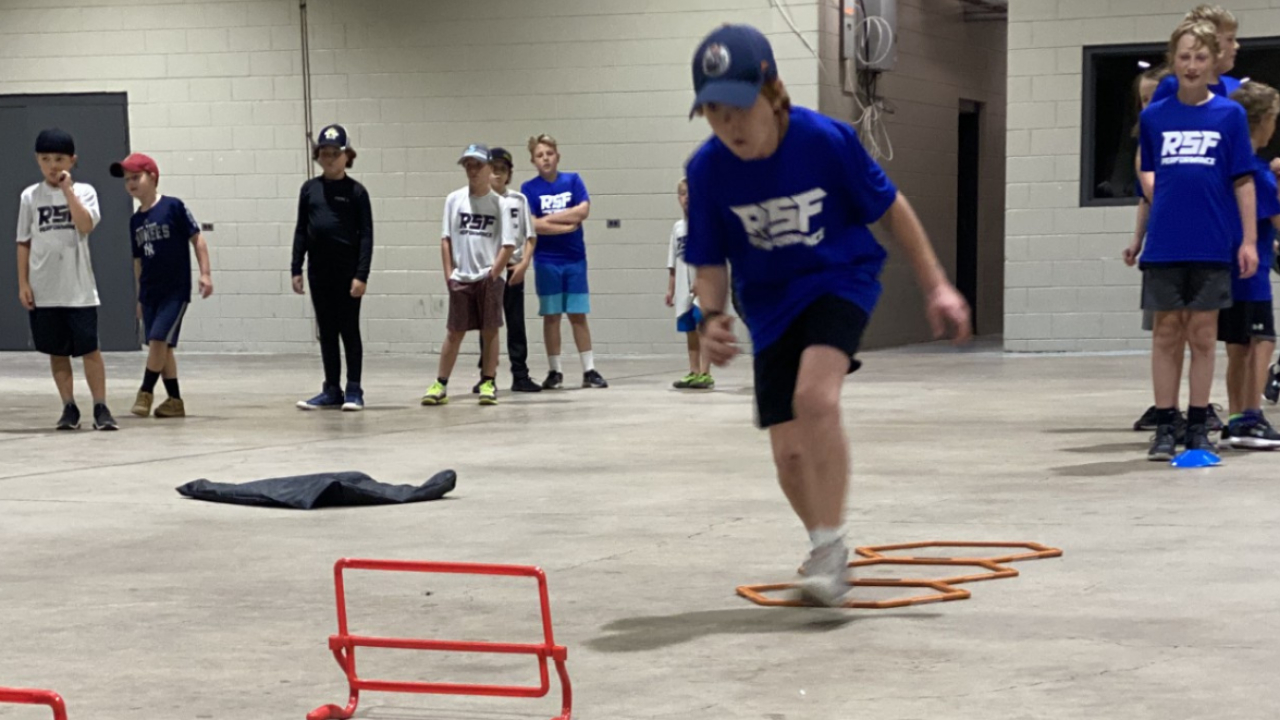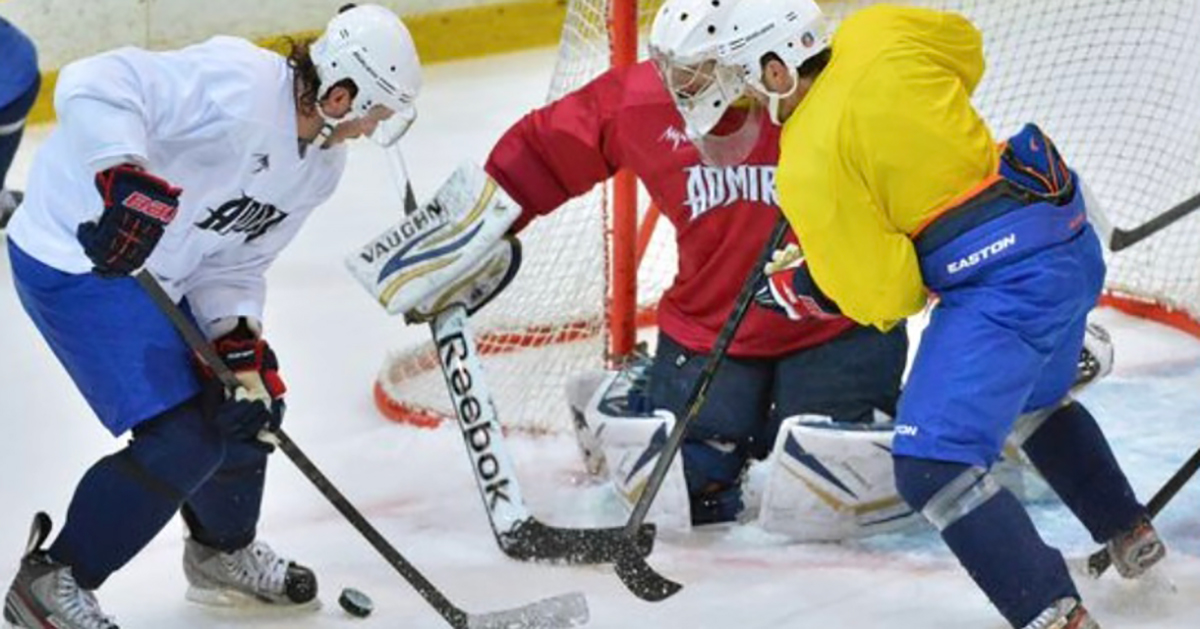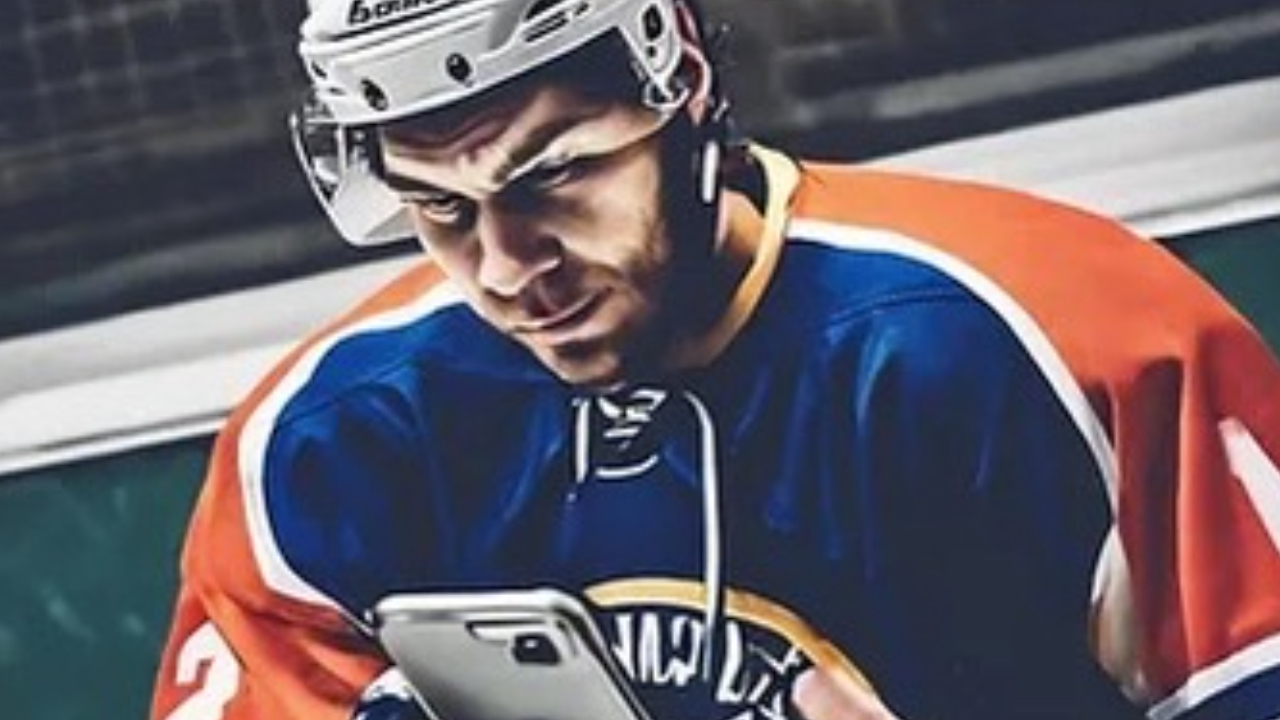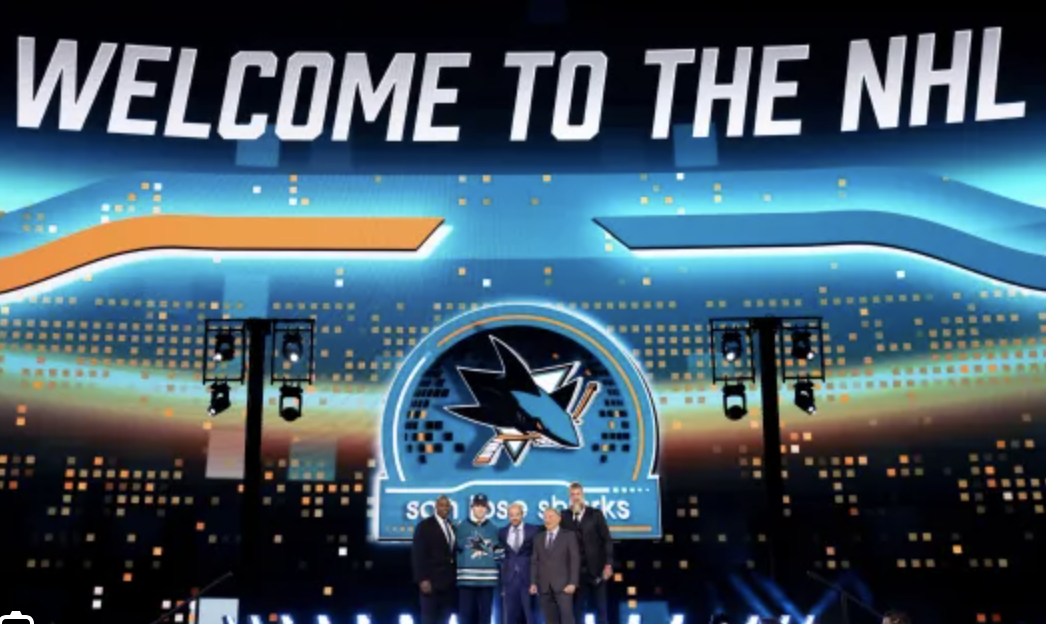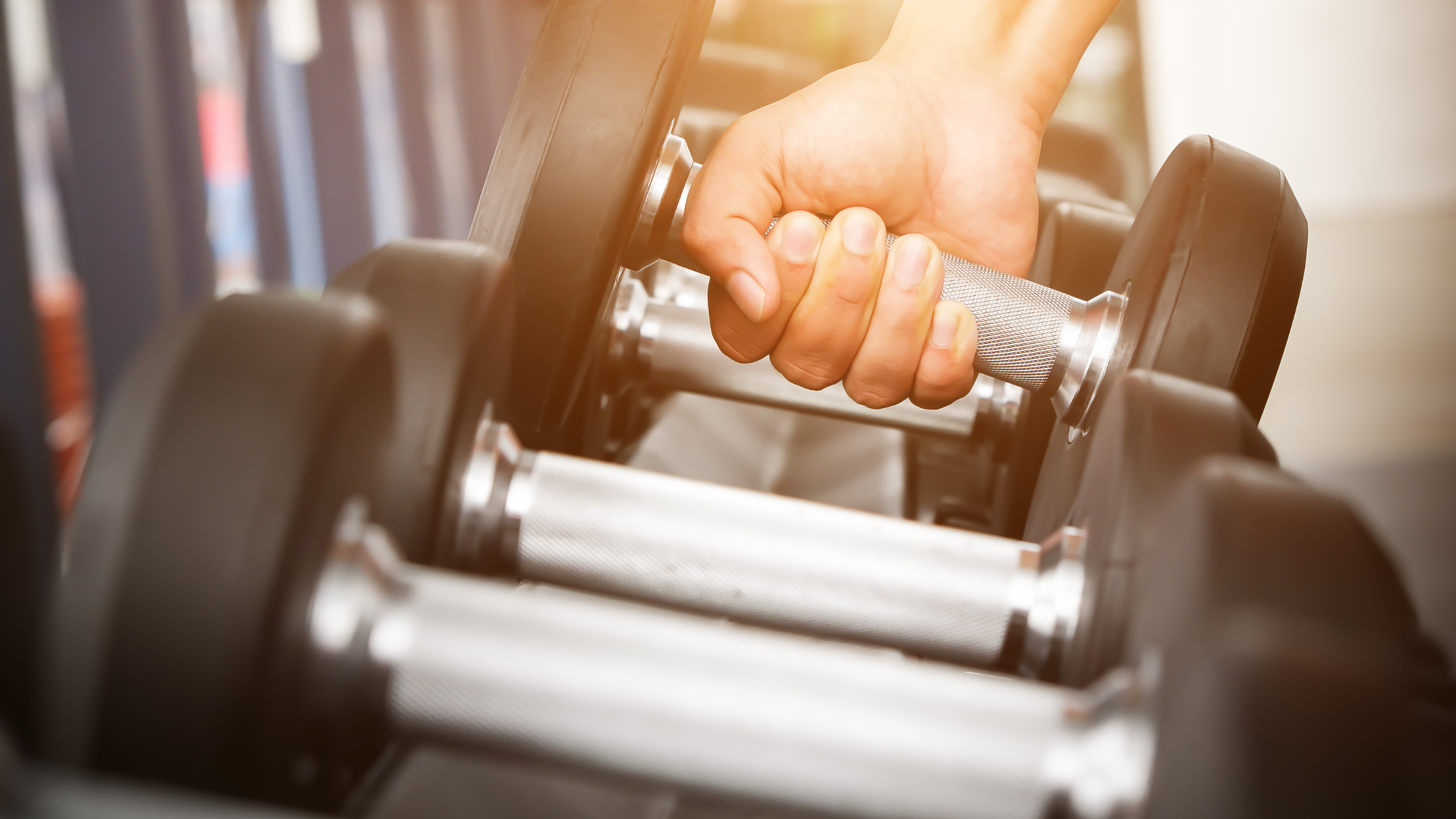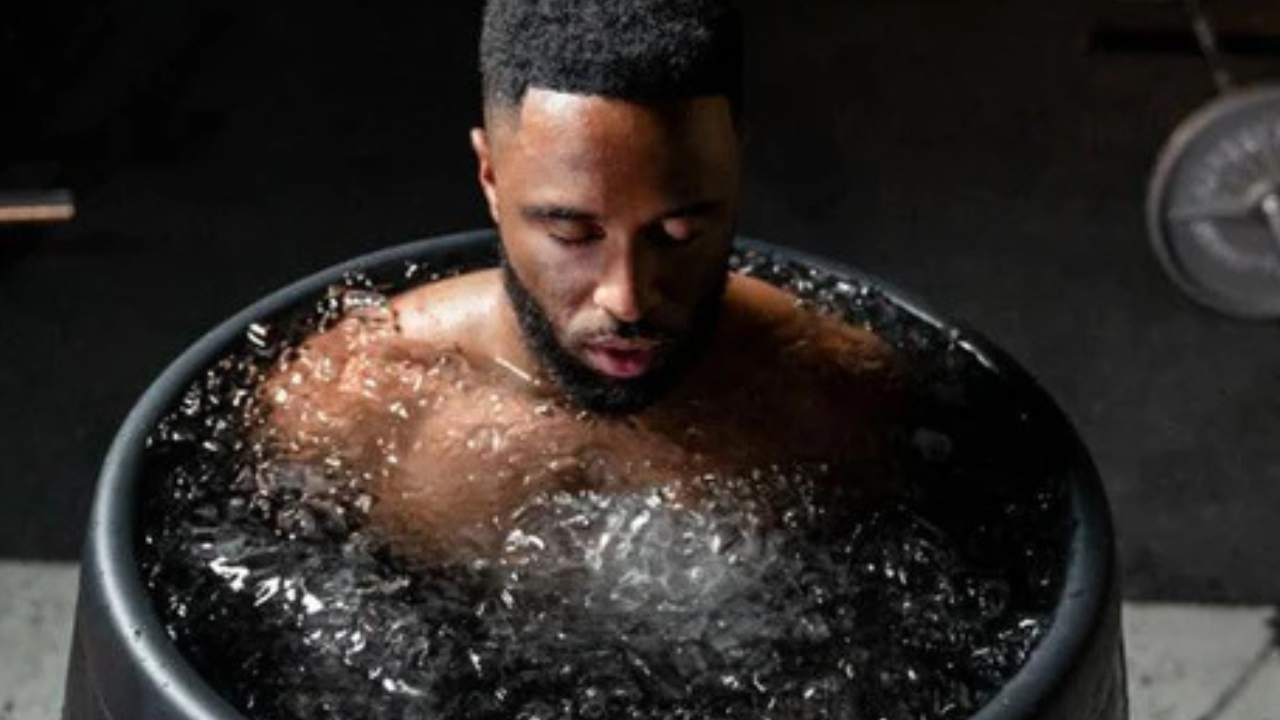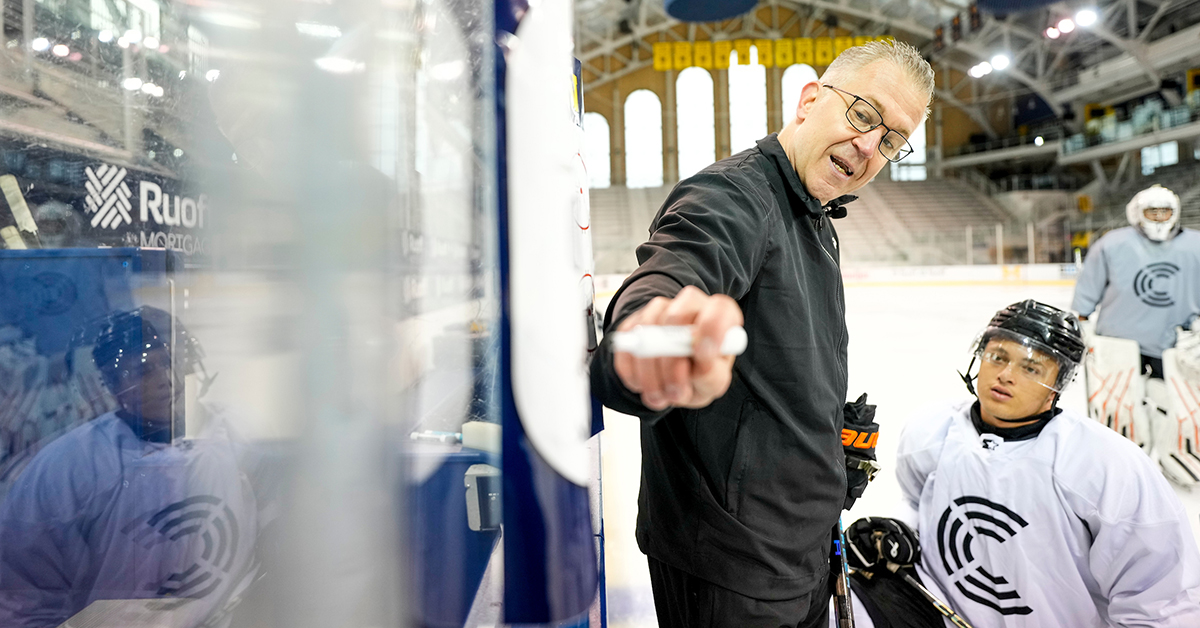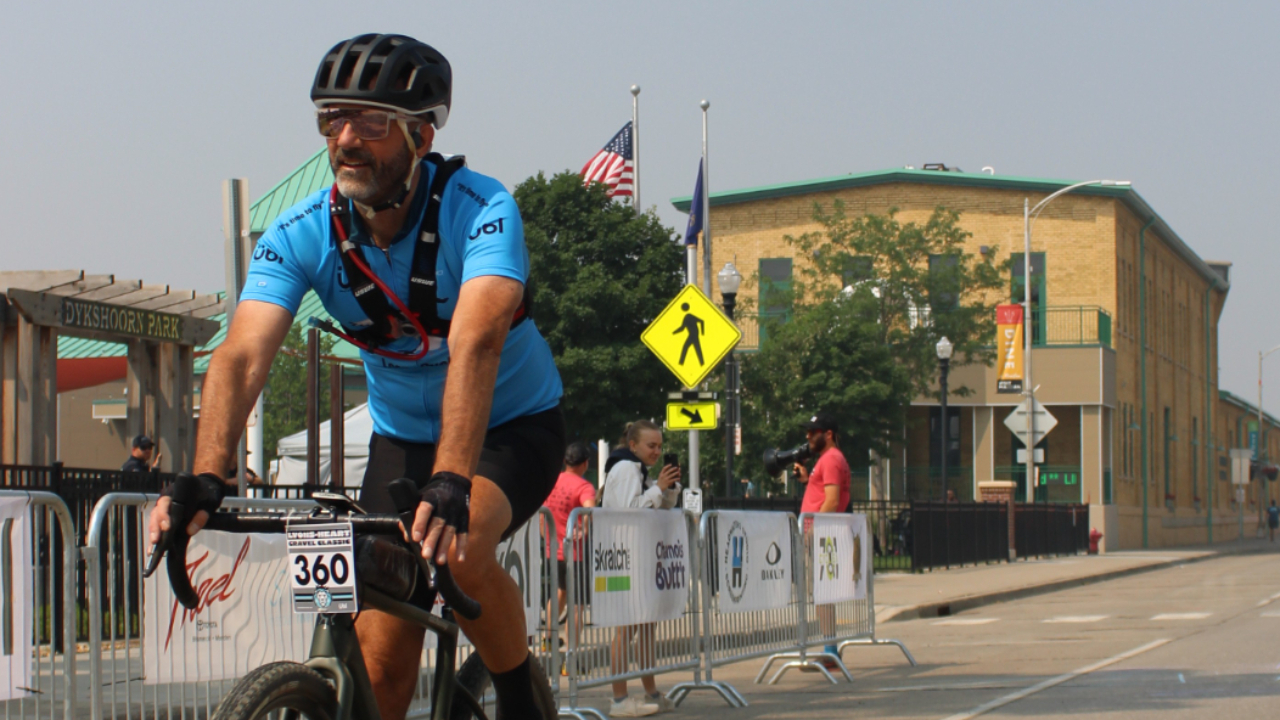
I’m starting a series about my journey training for a 100-mile gravel bike race. Those long hours on dusty roads gave me plenty of time to think, and by the end, I realized the lessons I learned could be applied to many areas of my life—including my role as a youth hockey coach. This series is about more than cycling; it’s about mindset, recovery, and how athletes grow safely and effectively.
Early in my training, I pushed myself every day, thinking constant effort would automatically make me stronger. By mile 50 on one long ride, my legs felt like lead, and fatigue had taken over. It was only when I slowed down, prioritized rest, and allowed my body to recover that I began to see real gains: less inflammation, faster recovery, and stronger, more consistent performance. These breaks in training also offered a mental reset, which I realized was just as important—being able to focus and approach each session with clarity is paramount to success.
This lesson isn’t just for cycling. My friend and former professional player, David Simoes, shared how the rigors of a full hockey season broke down his body, forcing him to spend months rebuilding in the offseason. For young athletes, the stakes are even higher. Many kids now play spring, summer, and fall hockey, leaving little time for recovery—both physically and mentally. Speaking this year at TCS Live, Mark Fitzgerald of Kelowna High Performance presented compelling information about overuse injuries in young players, particularly hip injuries, which underscores just how important rest and proper development are. This hit home for me personally, with two sons who both played hockey for 10 years and by the age of 18 suffered from torn Labrums.
I often hear parents say, “They’re young—they can handle it.” But the real question is: can they? Yes, kids are resilient, but they’re also still developing. Their growing bodies and minds are actually more vulnerable to overuse injuries, fatigue, and burnout. What might look like short-term toughness can come at the expense of long-term health, performance, and love for the game.
The offseason should be more than just a pause from games. It’s a time to build skills, strengthen the body, reset mentally, and prepare for the season ahead. Strategic rest, focused skill-building, and proper recovery allow young athletes to perform stronger, stay sharp, avoid injury, and enjoy the game longer.
I learned it the hard way on my bike, and David’s story, combined with insights from experts like Mark Fitzgerald, reinforces it on the ice: less can be more—but only when it’s done with intention, including giving the mind and body a break. I’m not sure what the ultimate answer is to unwind the path of year-round hockey, but I hope that, someday, hockey comes to its senses—recognizing that rest, recovery, and focused development are just as important as ice time for long-term growth and enjoyment of the game.
Looking ahead to Part Two, I’ll share how I learned to embrace the process, focusing on progress, consistency, and enjoying each moment of training—and why this mindset is essential for growth both on the bike and in youth sports.

